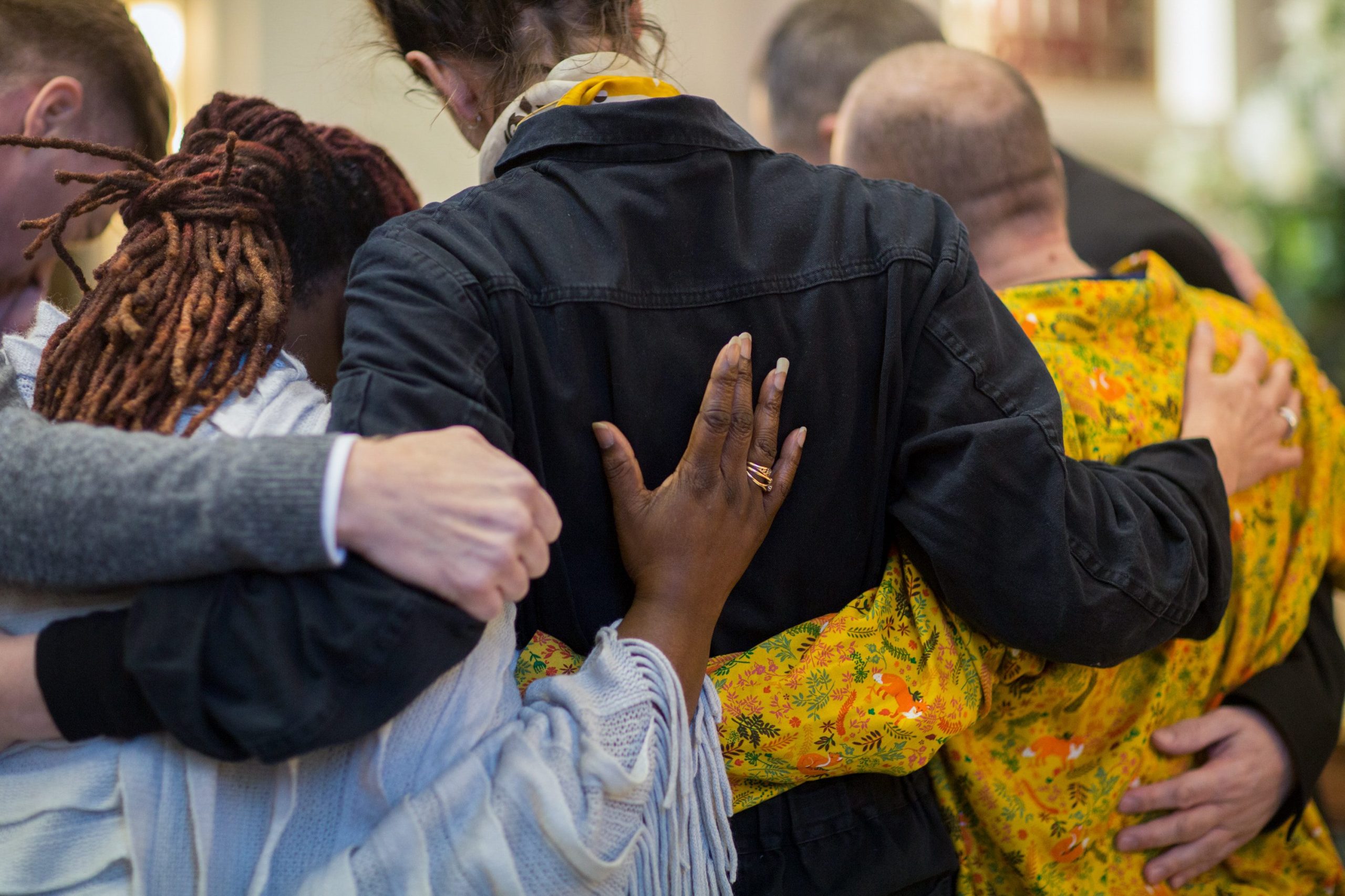What Is Grief?
National Grief Awareness Day is on August 30th 2023. Most of us have probably experienced the pain of grief at some point in our lives but what exactly is grief? How can we learn to cope with our feelings of loss? This article explores the nature of grief and offers some suggestions for coping with our emotions at difficult times of loss in our lives.
Grief is a painful but normal response to experiencing loss. It’s a process comprised of stages that affect us in different ways. Grief isn’t just one feeling. Rather, it’s a mixture of emotions that might happen all at once or separately. There’s no right or wrong way to grieve. It’s important to remember that grief is different for all of us at different times in our lives and we might experience one loss as very different to another loss. Grief doesn’t only relate to the loss of a loved one either. We can grieve any significant loss in our lives. This article will outline supportive ways to start coping with grief.
Stages Of Grief
Psychiatrist Elisabeth Kubler-Ross used five stages of grief to describe how people grieve and begin to adapt to loss. These stages are denial (feelings of trauma, shock, and confusion); anger (blaming self or others); depression (feeling sad or hopeless); bargaining (guilt or feelings that you could have done more); and acceptance (acknowledging the loss and moving forward).
The stages of grief do not necessarily happen in a linear order and, following a loss, we may not experience all of the stages. We might experience the stages at the same time, at different times, or we might not experience them at all. Grief has an emotional impact on us but it also has other effects on us too. The physical effects of grief include loss of appetite, fatigue, difficulty sleeping, lack of motivation and withdrawing from friends and family. Cognitive effects of grief include worrying about the future or anxious thoughts in the present.

Supporting one another while coping with grief
Coping With Grief
Grief is a normal and natural process that we are all likely to experience at some point in our lives. Although we might expect to grieve significant losses, we can learn to support ourselves as we process our feelings. Here are some strategies to consider if you or someone you know is experiencing grief.
1. Feel Your Emotions
It can be difficult to allow ourselves to experience painful emotions. However, bringing our feelings of loss to the surface can help us to process them and begin to move forward from grief. Instead of rushing back to work or study after a loss, see if it’s possible to take some time out. Use this time to look after yourself and work through how you feel. Talking with friends and family about how you’re feeling might help, or write your feelings in a journal. Facing our emotions helps us to deal with them. However, remember to give yourself some space away from your feelings too, even if it’s just to rest.
2. Practice Self-Care
When we’re experiencing grief it can be easy to forget to eat regular meals, go to bed on time or get exercise. We might find we’re less likely to want to reach out to family and friends. However, when we’re going through difficult emotions we can support ourselves through our self-care practices. Attempt to keep to routines such as mealtimes, getting washed and dressed and bedtimes. Try to keep in touch with friends and family even if it’s just by phone or text at first. See if you can get outside at least once a day. Be kind with yourself and focus on one day at a time.
3. Give Yourself Time
Grief is rarely linear. It’s a process of ups and downs and some days may feel easier than other days. We might wonder if we’re grieving in the right way or we may want to know how long we’ll feel this way for. Remind yourself that there’s no right or wrong way to grieve, whatever you’re feeling is valid. Grief is individual and there’s no fixed timescale to work through how we’re feeling. Be kind with yourself as you grieve and give yourself the time that you need. Try not to put pressure on yourself to feel better sooner.
4. Use Your Support Network
It can be tempting to feel that we should deal with our feelings alone. However, reaching out to others for support or to share our feelings with them can help us as we grieve. Think about the people in your support network. They might be friends, family, colleagues, neighbours, faith based community members, professionals such as a therapist or doctor, or support groups. Remind yourself that these people will want to support you at a difficult time. Try to stay in regular contact with people and see if you can let other people know how you’re feeling, even if it’s just one or two people to begin with.
5. Prepare For Difficult Events
Certain events such as birthdays, holidays and anniversaries can be difficult following a loss. It can feel challenging to experience these occasions without our loved one and it can trigger our grief. Remind yourself that it’s normal to struggle at these times. Give yourself time to prepare for the occasions so that you feel as comfortable as possible and some time to reflect on your feelings afterwards too. Look after yourself as much as you can at these times and let supportive others know how you’re feeling so that they can be there for you or check in on you.
Complicated Grief
Over time, many people who experience grief will start to feel some relief. Sometimes, however, grief persists and we find it difficult to move forward even many months or years later. We might feel stuck in life, have very intense and difficult feelings, long for the person we’ve lost, or feel hopeless. In this situation, we might be experiencing complicated grief. Complicated grief can be more likely to occur if the person we lost died in a traumatic way or if we had a challenging relationship with them before their death. If you feel that you may be experiencing complicated grief it’s a good idea to reach out to your doctor or mental health professional.
Online-Therapy.com Can Help
If you’ve tried out some of these strategies already and would like to explore more ways to gain support, Online-Therapy.com can help. By signing up with our program you can choose a therapist who will work with you to develop a personalized toolkit to support you each step of the way. You can choose to have your therapy sessions by video, phone, or text chat (couple counseling will be video only), making Online-Therapy.com a flexible and convenient option.




Leave A Comment